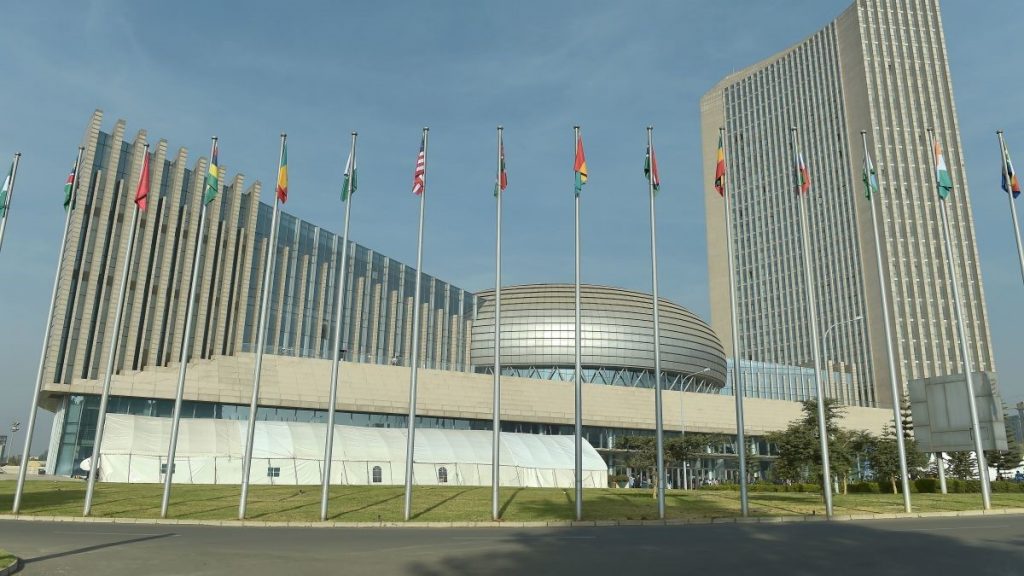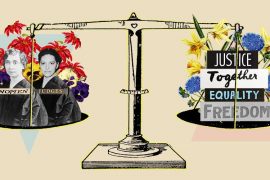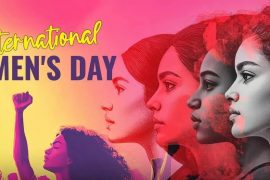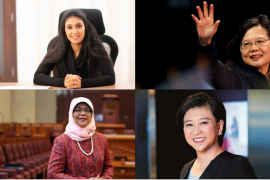The Economic Community of West African States (ECOWAS) has commenced a three-day workshop to build stakeholders’ capacity to protect the rights of women, children, and other vulnerable groups in Nigeria.
The three-day workshop organised by the Permanent Mission of Nigeria to ECOWAS commission is aimed at building the capacity of multi-stakeholders, senior government officials in charge of International Human Right Law (IHL), Gender-based Violence (GBV), trafficking in person (TIP), media, as well as representatives of Civil Society Groups (CSOs) and other non-state actors.
At the end of the workshop, the participants are expected to present their views concerning the implementation of ECOWAS texts for the elimination of gender-based violence and trafficking in
persons, and the promotion of child rights and the enhancement of international humanitarian laws.
Declaring the workshop open yesterday, the Nigerian Permanent Representative to the ECOWAS, Amb. Musa Nuhu said that building the capacities of these relevant stakeholders through increased awareness, coordination, and commitment to the holistic protection of all persons in vulnerable situations will improve human security in Nigeria and the whole region.
Nuhu said, to successfully address the concerns: “We must identify the root causes. We must address impediments to human survival and find lasting solutions to dwindling livelihoods and improve the dignity of the human persons, first in Nigeria and then in the ECOWAS sub-region.
“It is my view that without a clear and coordinated plan of action, achieving our goals will be far-fetched. Therefore, the needed approach must be people-centred, comprehensive, context-specific and contain prevention-oriented responses with potential to strengthen the protection and empowerment of all Nigerians.”
Director, Humanitarian and Social Affairs, ECOWAS Commission, Dr Sintiki Ugbe, explained that the advocacy is a new approach of the ECOWAS Commission to
ensure a holistic approach to safeguard the citizens of member states.
Ugbe, who was represented by Hajiya Raheemat Momodu, Head, Human Security and Civil Society Division, ECOWAS Commission, said the policies, once adopted by the government will create a more precise roadmap for implementation.
“This is the fifth country that ECOWAS is undertaking this advocacy and capacity building. It is new advocacy bringing together multiple stakeholders who share the mandate of creating and strengthening protection.
“It aims at bringing as many stakeholders
as possible that have shared responsibilities to deliver on protection and human security of the individual.
“It is an intervention that is going around our member states and the idea is to promote and institutionalise a whole government approach, whole society approach to protection and human security.
“The idea is for us to see protection and human security as a collective responsibility of all of us in our little corner, so there is a bigger picture of what we are contributing to.”
He added that: “We are in a time where we need to approach human security from the individual perspective, the safety of the individual, the protection of the individual, rather than see it as hardcore, very operational and tactical.
“But the result is for all of us to feel safe, secured and to know that whether it is government or individual, we all have a shared responsibility.”
Ugbe said that the second component of the intervention will follow the advocacy workshop where recommendations from experts will be taken to the highest level of government, noting that for the Nigerian government, it will be taken to the office of the Secretary to the Government of the Federation (SGF).
He explained that this will enhance coordination mechanism where the ECOWAS Commission can subsequently interface with rather than reaching out to individual MDAs or CSO.
Ugbe said that a seed funding for the operationalism of the intervention has also been made available by the ECOWAS Commission which will be given to the government as soon as the roadmap is signed.
In a goodwill message, the UNICEF Representative to Nigeria and ECOWAS, Mr Peter Hawkins, commended the ECOWAS Commission for its timely intervention, noting that now more than ever, a lot has to be done to guarantee human security.
Hawkins, who was represented by Ms Adebisi Ariye, UNICEF Partnerships Manager (ECOWAS), said that social protection is now recognized globally as a strategy to reduce poverty, inequality and social exclusion.





Comments are closed.